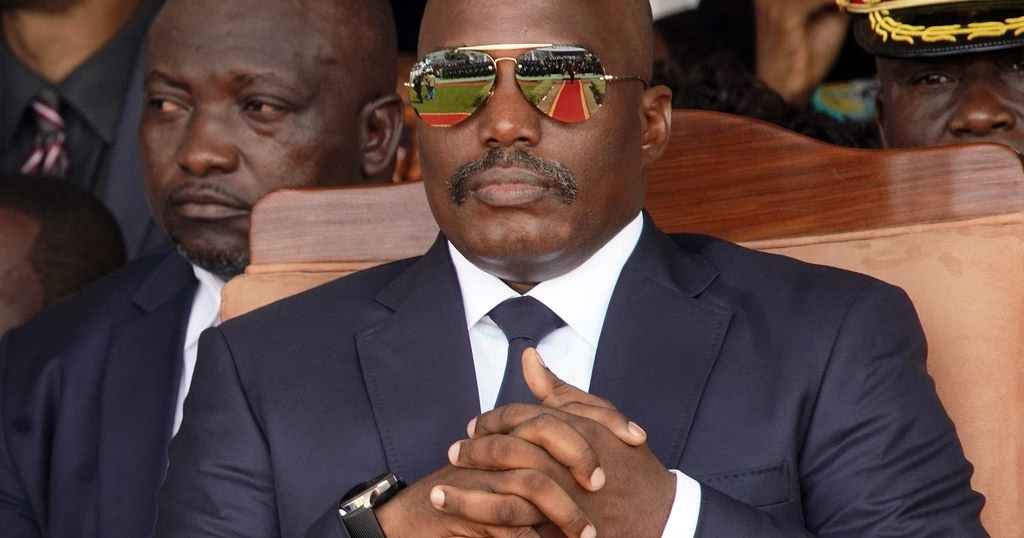In a groundbreaking move, the Democratic Republic of the Congo (DRC) has formally requested the removal of parliamentary immunity for former President Joseph Kabila, citing grave allegations of war crimes and support for armed rebellion. This historic step comes as the country grapples with ongoing conflict and seeks to hold leaders accountable for their actions. According to Justice Minister Constant Mutamba, the Congolese military prosecutor has submitted a formal request to the Senate to lift Kabila’s immunity, paving the way for potential prosecution.
The allegations against Kabila are severe, with authorities claiming to have evidence of his involvement in “war crimes, crimes against humanity, and the massacres of civilians and soldiers.” Specifically, Kabila is accused of supporting the M23 rebel group, which has been active in North Kivu, causing widespread instability and displacement. As a former head of state, Kabila currently holds the status of senator for life, protecting him from prosecution. However, if the Senate approves the request, this protection will be lifted, and Kabila could face trial.
Kabila, who ruled the DRC from 2001 to 2019, has been residing primarily in South Africa since leaving the country in late 2023. Recently, he expressed a desire to return to the DRC and contribute to resolving the crisis in the east, but he denies all allegations leveled against him. The timing of this legal move is significant, coinciding with ongoing peace efforts between the DRC and Rwanda, accused of backing M23, under U.S. mediation. A peace agreement is expected by May 2, and the Congolese government has also suspended Kabila’s political party, the People’s Party for Reconstruction and Democracy (PPRD), and threatened to seize assets belonging to him and his associates.
Kabila’s allies, however, view the legal action as a politically motivated move by President Félix Tshisekedi’s administration to block Kabila’s return to the political scene. Ferdinand Kambere, PPRD’s permanent secretary, argued that the current leadership bears responsibility for the spiraling conflict in the east. This political escalation comes amid worsening violence in eastern DRC, where clashes between government forces and M23 rebels have left around 3,000 people dead and nearly 7 million displaced since the beginning of 2025.
The potential consequences of this move are far-reaching. If the Senate approves the request, it could pave the way for an unprecedented trial of a former Congolese head of state on charges of war crimes, marking a significant turning point in the country’s fight against impunity. As the DRC navigates this complex and sensitive situation, the international community will be watching closely, eager to see how the country balances its pursuit of justice with the need for stability and peace.
